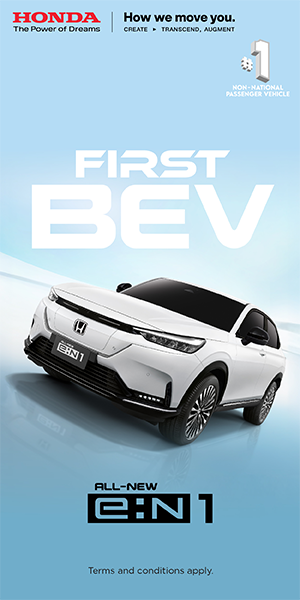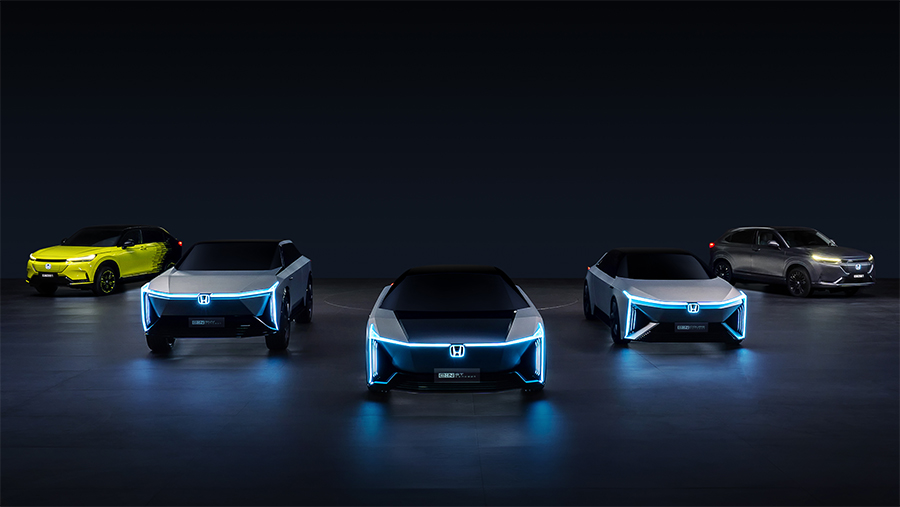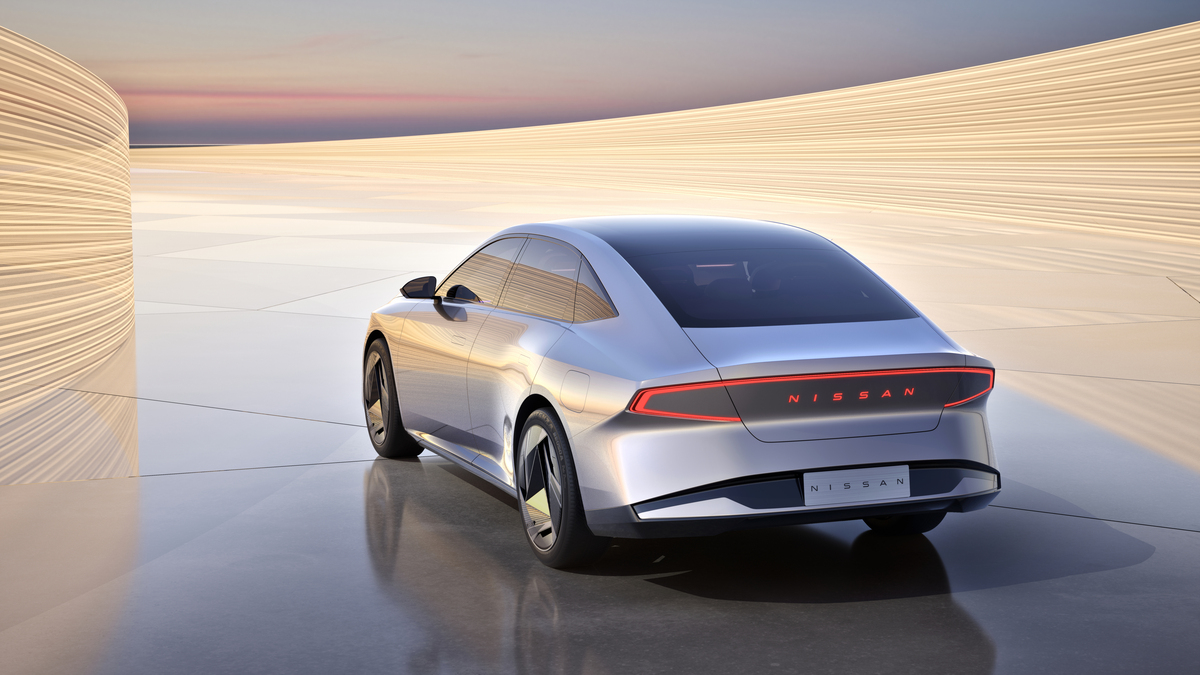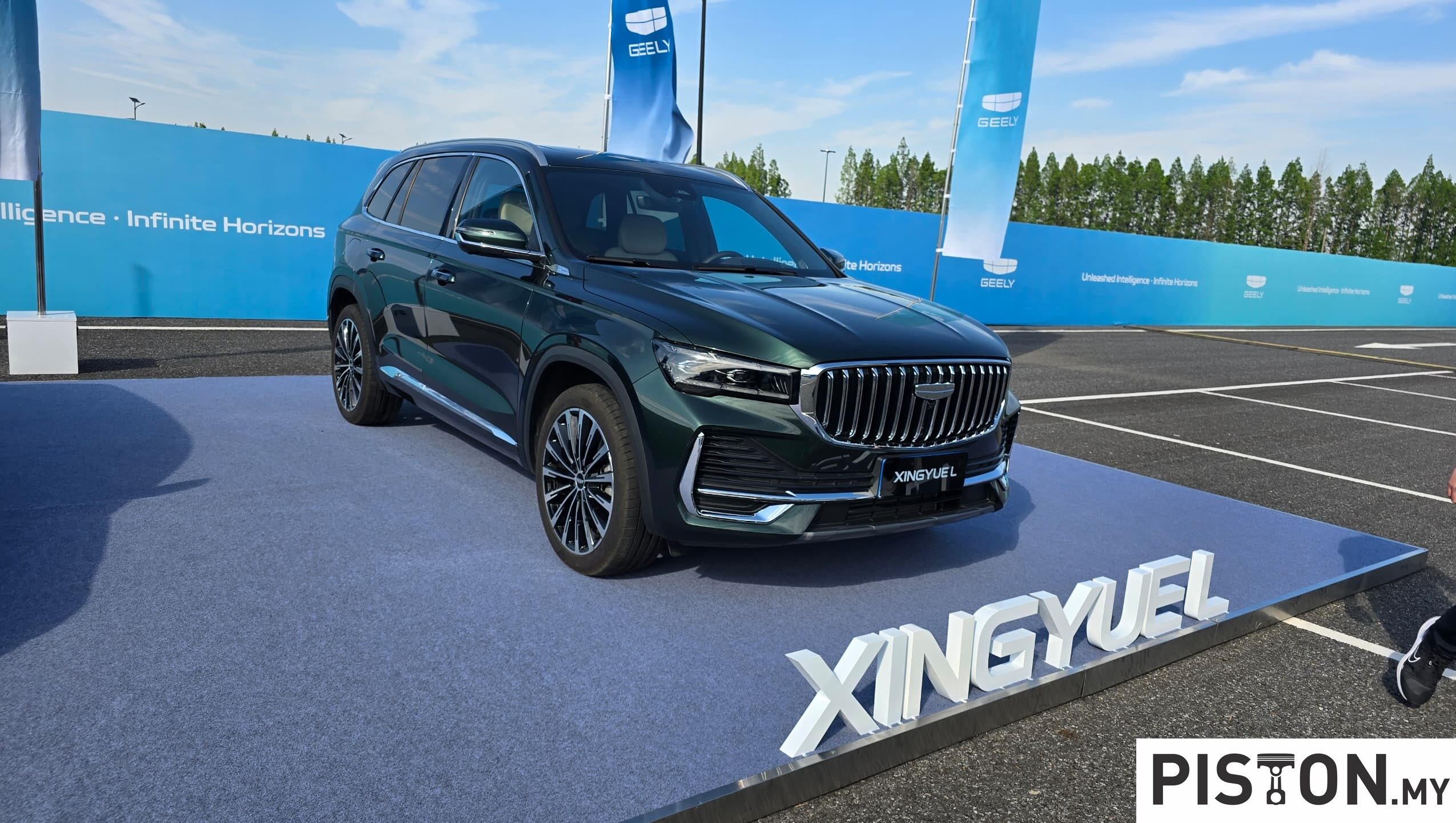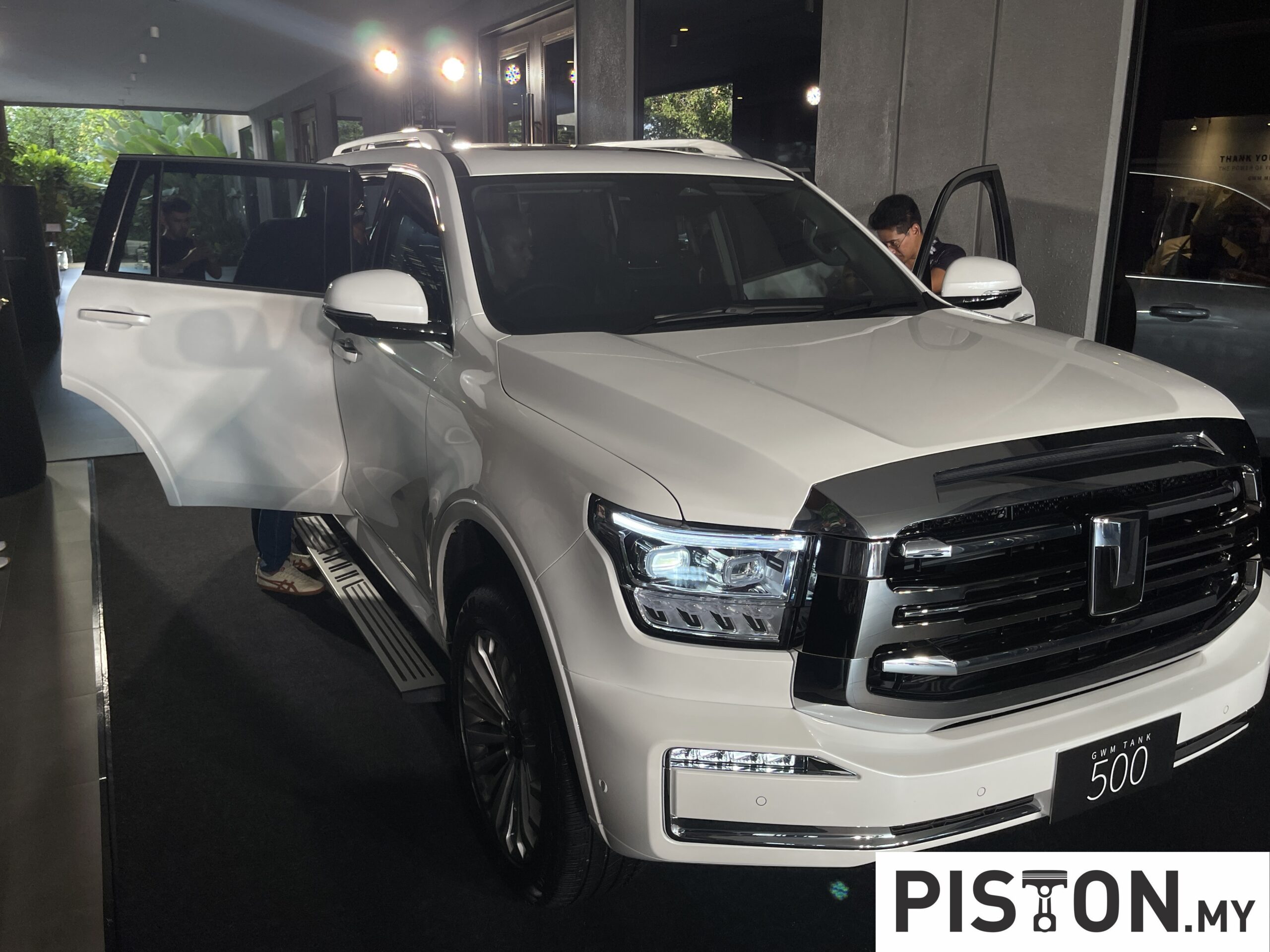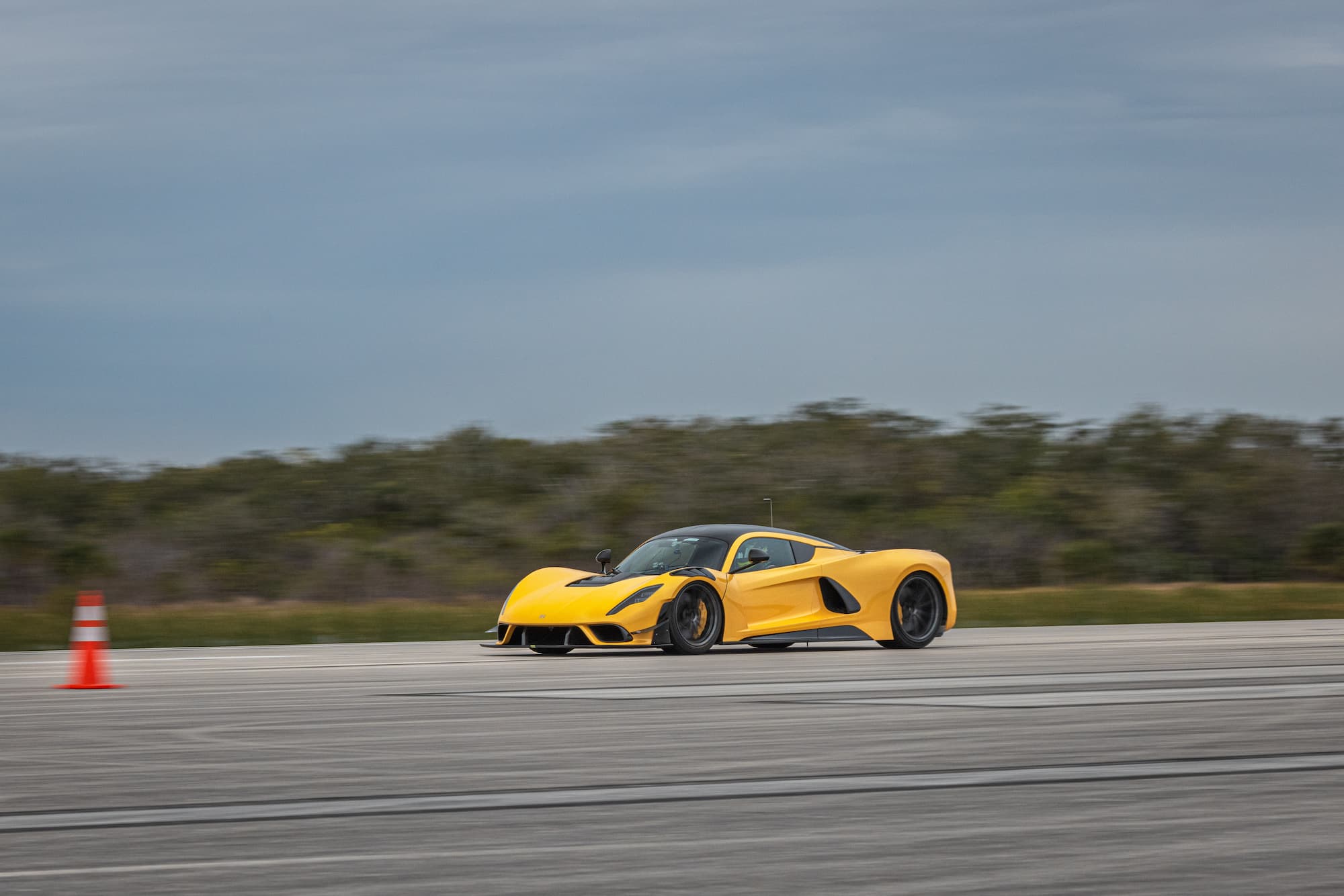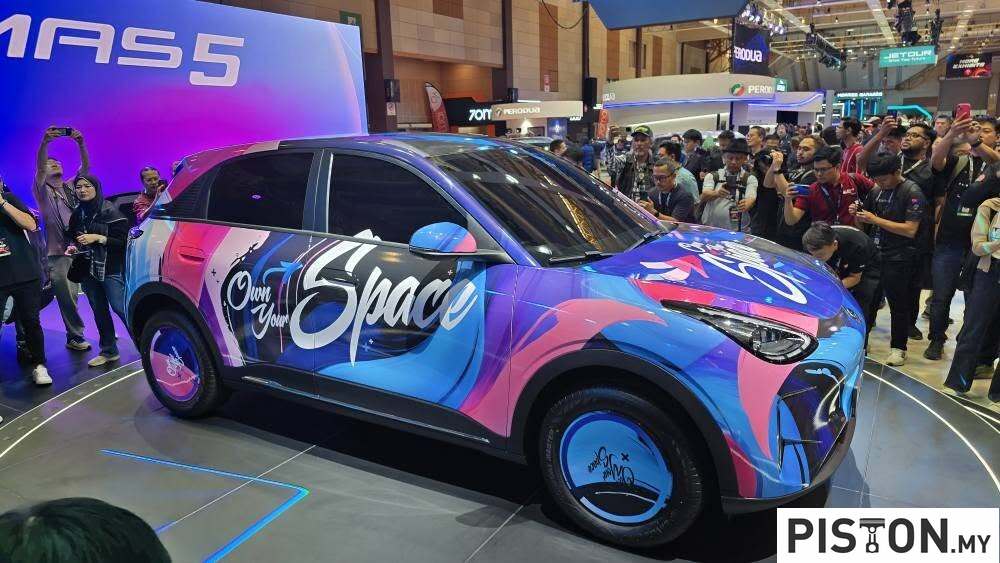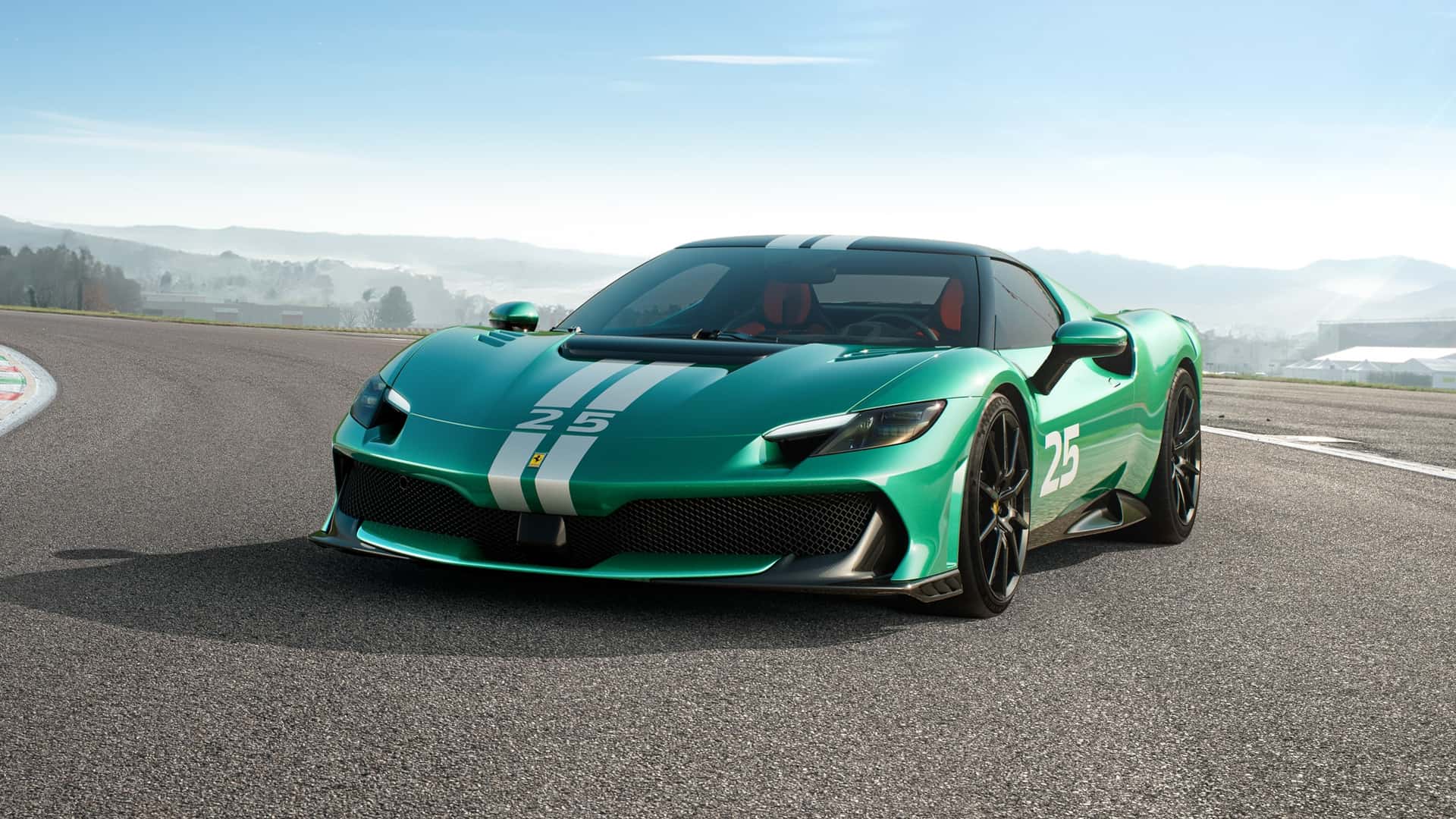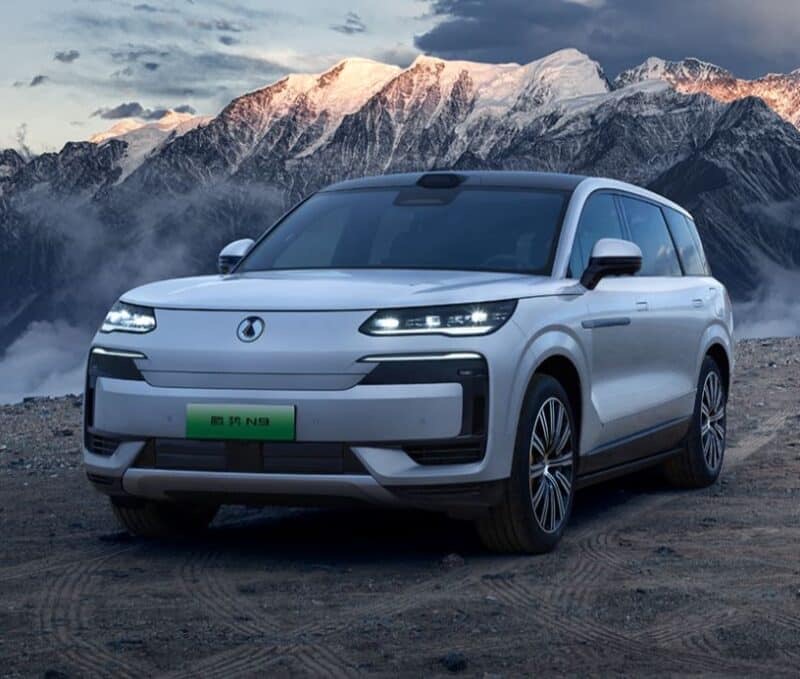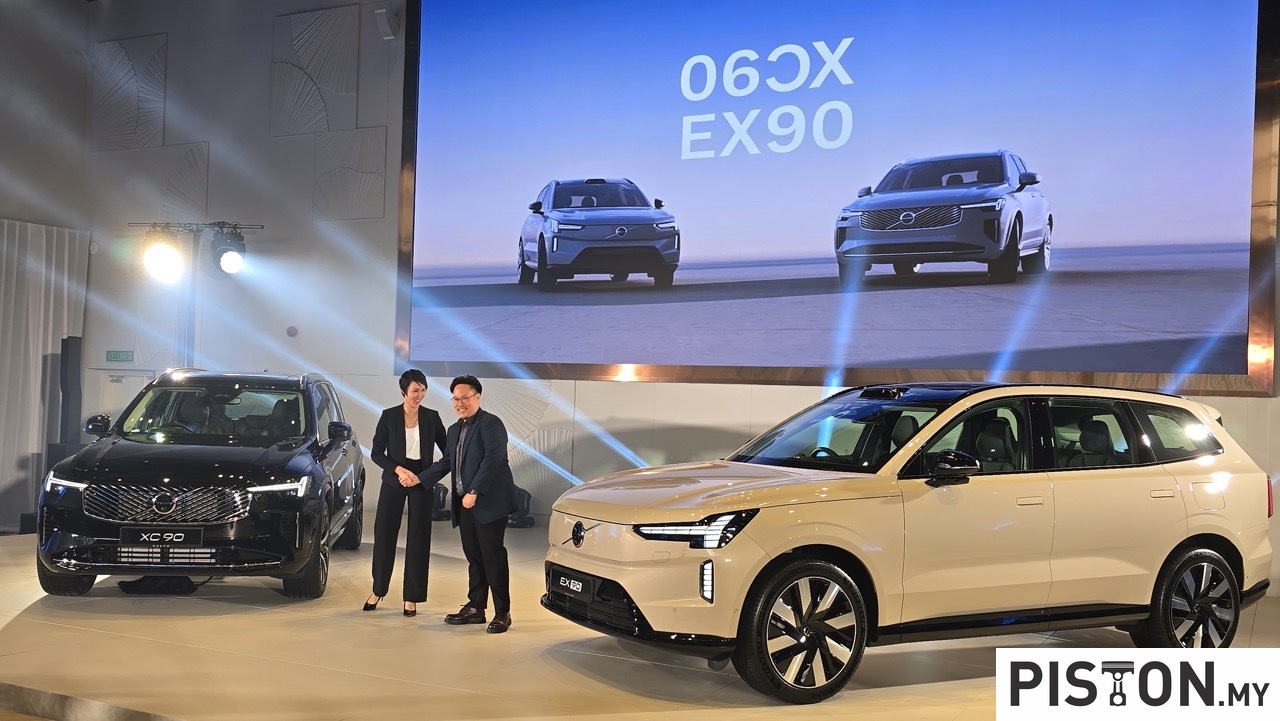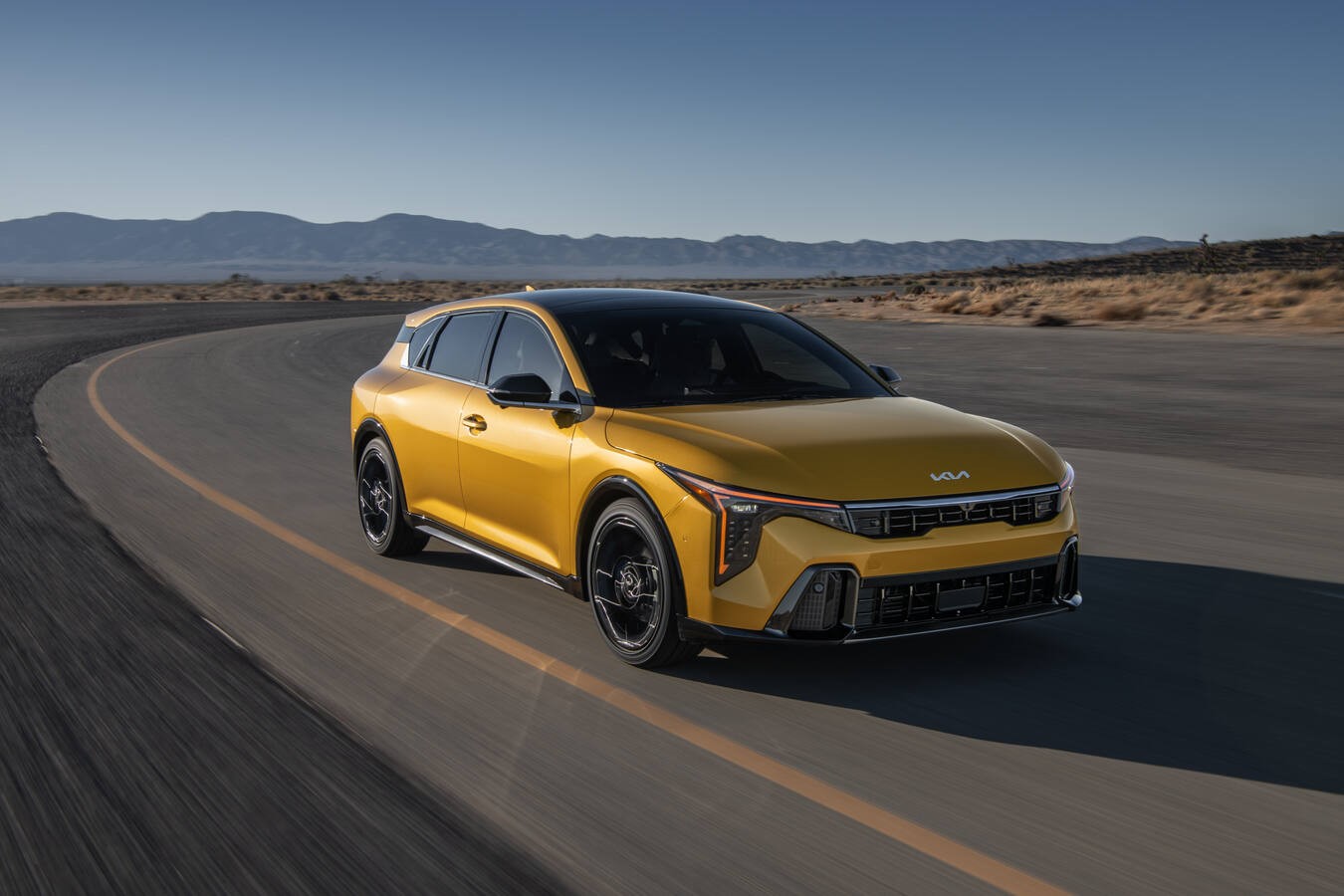Japanese automakers Honda Motor and Nissan Motor are reportedly entering discussions to merge under a single holding company in a bid to strengthen their position against electric vehicle (EV) industry leaders like Tesla, according to reports.
Reports also stated that the two companies are expected to sign a memorandum of understanding to establish the new entity. Mitsubishi Motors, where Nissan holds a significant stake, may also be included in the structure, potentially forming one of the largest auto groups globally.
Honda and Nissan issued statements addressing the report, clarifying that neither company had made any official announcements. However, they acknowledged their ongoing exploration of collaborative opportunities, leveraging each other’s strengths, as previously disclosed.
Strengthening Ties Amid EV Race
This development follows a March agreement between Honda and Nissan to explore strategic partnerships in electric vehicle production. As Japan’s second and third-largest automakers after Toyota, the two firms aim to catch up with global and regional competitors in the EV market.
Chinese automakers, particularly BYD, have gained significant ground in the EV sector, leaving traditional Japanese manufacturers trailing. China, now the world’s largest vehicle exporter, has cemented its position with a strong focus on EVs, while Japanese automakers have prioritised hybrid technologies.
Investment and Strategy Shifts
Honda announced in May its plans to double EV investments to $65 billion by 2030, targeting 100% EV sales by 2040. Similarly, Nissan outlined its electrification strategy in March, committing to launching 30 new models within three years, with 16 of them being electrified vehicles.
Despite these ambitious plans, Japanese automakers have faced criticism for their slow adoption of fully electric vehicles. Hybrid models, combining battery power and internal combustion engines, have dominated domestic sales, accounting for 40% of the market in 2022.
In contrast, purely electric vehicles comprised just 1.7% of car sales in Japan last year, compared to 15% in Western Europe and 5.3% in the United States.
Challenges in EV Adoption
While global demand for EVs is growing, concerns about high prices, limited range, and insufficient charging infrastructure have tempered market expansion. These issues have contributed to a slowdown in the EV sector, even as governments and automakers push for less polluting alternatives to combat climate change.
Analysts see the potential merger as a critical step for Honda and Nissan to remain competitive in a rapidly shifting automotive landscape. If successful, the combined entity could harness economies of scale and drive innovation in EV technologies, positioning itself as a formidable player in the global market.



